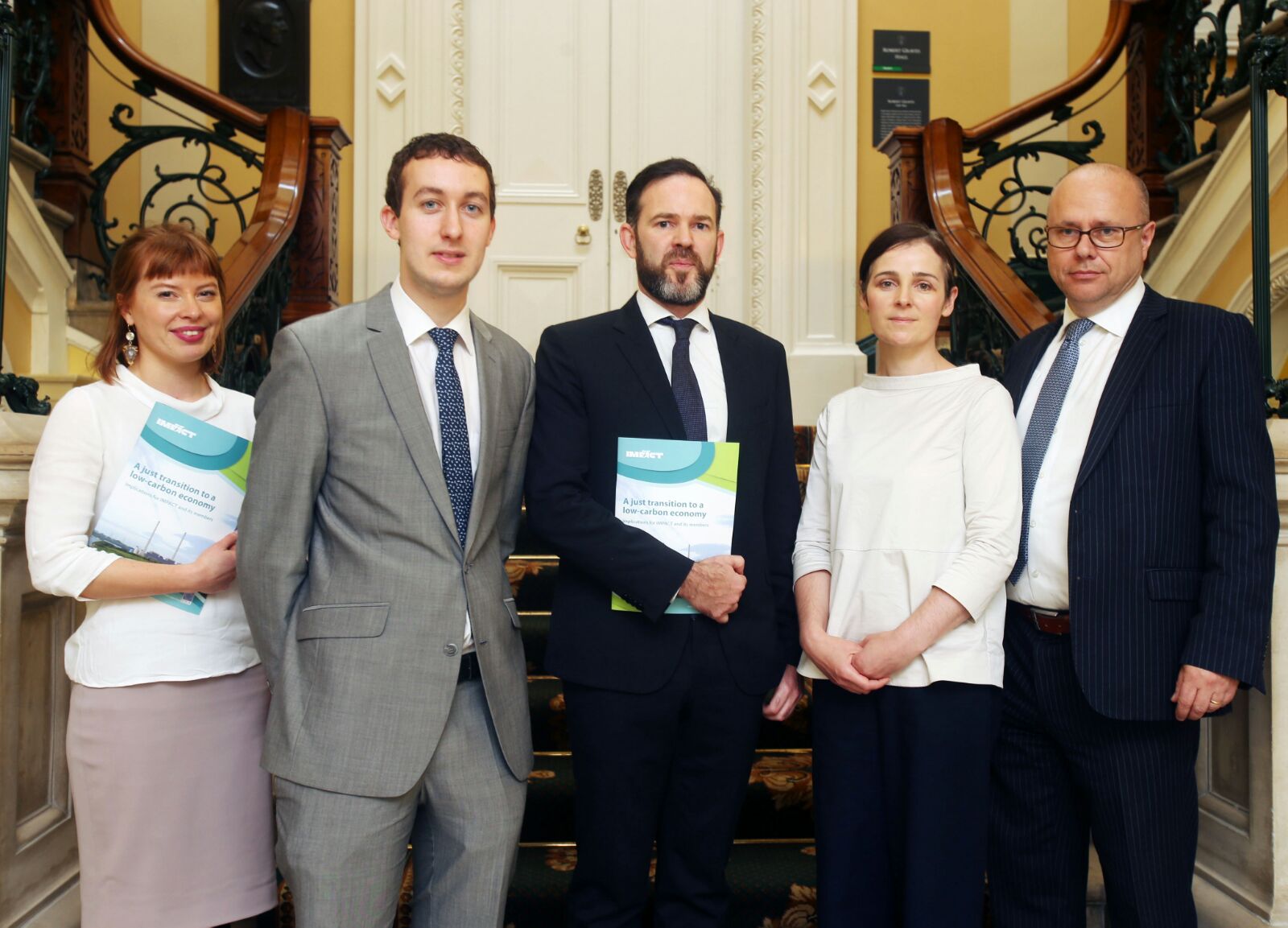Air pollution caused by climate change will increase premature deaths

August 3rd, 2017
Future climate change is expected to cause about 60,000 additional deaths from air pollution in the year 2030 and 260,000 deaths in 2100, new research has found.
The study, published in Nature Climate Change is one of the most comprehensive of its kind to date, using data from several atmospheric chemistry and climate models.
The team of scientists from the University of North Carolina calculated the increased mortality risk caused by higher concentrations of ground-level ozone (O3) and fine particulate matter (PM) from increases in air temperatures.
“As climate change affects air pollutant concentrations, it can have a significant impact on health worldwide, adding to the millions of people who die from air pollution each year, ” said Jason West, who led the research.
West and his co-authors calculated that expected increases in ground level ozone concentrations would lead to about 3,000 deaths in 2030 and 43,600 deaths by 2100.
The potential negative health impacts of PM are even more severe – 55,600 premature deaths in 2030 and 215,000 in 2100.
Ozone and particulates
Both ozone and PM cause a variety of health problems, including asthma, reduced lung function, lung and cardiovascular diseases and cancer.
Ground level ozone is the main component of smog and forms when nitrogen dioxides (NOx) and volatile organic compound (VOCs) react in the atmosphere in the presence of sunlight.
Increased air temperatures translate to an increase in energy within the atmosphere, and this energy accelerates chemical reactions that create ozone and other air pollutants.
PM is a complex mixture of solid and liquid particles produced from a number of industrial, transport and natural sources.
In addition to increased reaction rates leading to PM formation, drier conditions increase PM abundance due to more fires and windblown dust. Lower rainfall also means that PM removal rates are reduced.
Business as usual not an option
The findings add to the expanding evidence that climate change will have an overwhelmingly negative impact on human health across the globe.
While the study paints a bleak future scenario for human health, the authors highlight that effective climate change mitigation will very likely reduce air-pollution related mortality.
Climate change is also expected to affect health through increased heat stress, reduced access to clean water and food, increased frequency and severity of storms and more widespread occurrence of infectious diseases.
[x_author title=”About the Author”]







